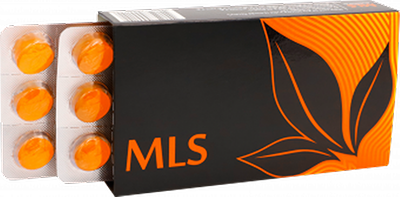
Understanding the Gut Microbiome
The gut microbiome refers to the trillions of microorganisms, including bacteria, fungi, viruses, and archaea, that live in your digestive tract. These tiny organisms play a crucial role in many bodily functions, from breaking down food to producing essential vitamins and supporting your immune system. The balance of these microorganisms is vital for good health.
Gut Health and Digestion
A healthy gut microbiome aids in the digestion of food, absorbing nutrients, and eliminating waste. When this balance is disrupted, it can lead to digestive issues like bloating, gas, constipation, diarrhea, and more serious conditions like Irritable Bowel Syndrome (IBS).
Gut Health and Immunity
A significant portion of your immune system resides in your gut. The gut microbiome helps train your immune cells, distinguishing between harmful pathogens and beneficial bacteria. A well-functioning gut can strengthen your immune defenses against infections and reduce the risk of autoimmune diseases.
Gut Health and Mental Health
Emerging research highlights the gut-brain axis, a communication pathway between your gut and your brain. The gut microbiome can influence mood, stress levels, and even cognitive function by producing neurotransmitters like serotonin. An imbalanced microbiome has been linked to anxiety, depression, and other mental health conditions.
Factors Affecting the Gut Microbiome
Several factors can impact the composition of your gut microbiome, including:
- Diet: The foods you eat are a primary driver of gut bacteria diversity.
- Antibiotics: While necessary at times, antibiotics can disrupt the delicate balance of gut bacteria.
- Stress: Chronic stress can negatively affect gut health.
- Sleep: Poor sleep patterns can impact the microbiome.
- Exercise: Regular physical activity can promote a healthier gut.

Promoting a Healthy Gut Microbiome
You can support your gut health through various lifestyle choices:
- Diet: Consume a diet rich in fiber from fruits, vegetables, and whole grains. Include fermented foods like yogurt, kefir, kimchi, and sauerkraut, which contain probiotics.
- Prebiotics: These are non-digestible fibers that feed beneficial gut bacteria. They are found in foods like garlic, onions, bananas, and asparagus.
- Hydration: Drink plenty of water.
- Stress Management: Practice stress-reducing techniques like meditation, yoga, or deep breathing exercises.
- Adequate Sleep: Aim for 7-9 hours of quality sleep per night.
- Mindful Antibiotic Use: Only take antibiotics when prescribed by a doctor and follow their instructions carefully.
The gut microbiome is a complex and fascinating area of health research, and understanding its impact on your overall well-being is key to making informed decisions about your health.
ADVERTISEMENT

Unlock Your Happiest, Healthiest Self
MLS by APLGO is a delicious, whole food-based lozenge designed to elevate your daily wellness routine, supporting normal body processes and enhancing the effects of your healthy lifestyle. These powerful Acumullit SA® lozenge drops deliver a precise dose of essential nutrients, quickly supporting normal gastrointestinal health, healthy elimination, and a feeling of overall wellbeing, helping you achieve a truly happy, healthy you.

Click for more info
Click Back to Table on contents